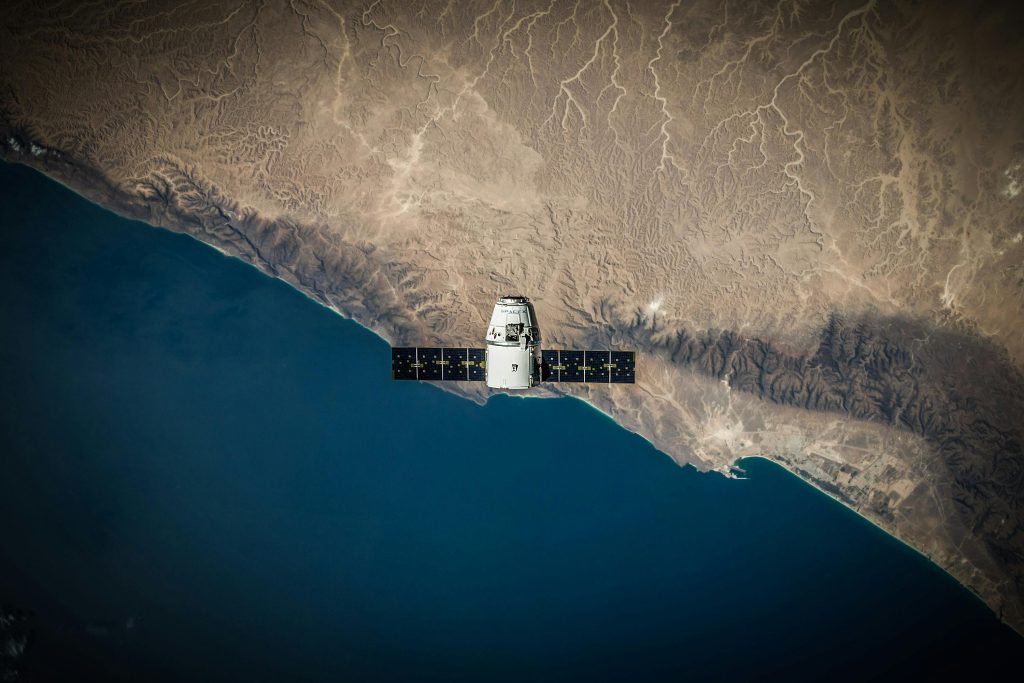Introduction
As humanity stands on the brink of becoming a multi-planetary species, the insurance industry is facing a unique set of challenges and opportunities. The prospect of colonizing other planets, from Mars to the moons of Jupiter, brings with it an array of risks that are far removed from the familiar terrestrial concerns. This article delves into how insurers are preparing for this groundbreaking frontier, addressing the myriad risks associated with living and working beyond Earth.
The New Frontier of Insurance
As private companies and space agencies push towards interplanetary exploration and colonization, insurers are tasked with developing innovative solutions to cover unprecedented risks. This new frontier demands not only novel insurance products but also a rethinking of traditional risk assessment and management strategies.
Unique Risks of Multi-Planetary Living
The risks associated with living on other planets are manifold and complex. Here’s a look at some of the unique challenges insurers are addressing:
Environmental Hazards
Planets and moons outside Earth come with harsh and unfamiliar environments. Mars, for instance, has extreme temperatures, high radiation levels, and frequent dust storms. Insurance must account for these environmental hazards, covering everything from damage to habitats caused by radiation exposure to the financial impact of equipment failure due to dust accumulation.
Space Travel Risks
Traveling to and from other planets involves significant risks. Spacecraft are subject to the perils of space travel, including potential collisions with space debris, engine malfunctions, and life support system failures. Insurers must develop policies that cover these risks, ensuring that both crew and cargo are protected during the journey.
Health and Safety Concerns
The health risks associated with prolonged space travel and living on other planets are not fully understood. Prolonged exposure to low gravity can lead to bone density loss and muscle atrophy, while radiation exposure can increase cancer risks. Insurance policies must include coverage for health issues that arise from living in these alien environments, including long-term care and evacuation if necessary.
Innovative Insurance Solutions
To address these novel risks, insurers are exploring several innovative solutions and strategies.
Custom Space Policies
Traditional insurance models are inadequate for space-related risks. Insurers are developing custom policies tailored to the unique needs of space missions and extraterrestrial living. These policies might cover spacecraft, habitats, and even human life in space. They also need to account for the potential for high-value assets and high-stakes operations.
Risk Pooling and Partnerships
Given the high cost and complexity of space missions, risk pooling and partnerships are becoming essential. Space agencies and private companies are collaborating to share the financial burden of potential risks. This collaborative approach helps spread the risk and reduce the financial impact on any single entity.
Advanced Risk Assessment Technologies
Insurers are investing in advanced technologies to better assess and manage risks. Data analytics, simulation models, and AI are being used to predict and mitigate potential hazards. For instance, predictive analytics can help foresee potential equipment failures or environmental threats, allowing for preemptive measures.
Regulatory and Legal Considerations
Navigating the regulatory and legal landscape of space insurance is another critical aspect. As space exploration evolves, so does the need for comprehensive legal frameworks.
International Regulations
Space is a global commons, and international regulations play a crucial role in space insurance. Treaties such as the Outer Space Treaty outline the responsibilities of nations in space activities, including liability for damages caused by space objects. Insurers must navigate these regulations to ensure compliance and address cross-border issues.
Liability and Claims
Determining liability and handling claims in space is complex. For instance, if a spacecraft owned by one company damages a space station owned by another, who is responsible? Developing clear guidelines for liability and claims is essential for insurers to effectively manage these situations.
Future Directions and Challenges
As humanity progresses toward establishing a permanent presence beyond Earth, insurers will face evolving challenges and opportunities.
Evolving Risk Profiles
The risks associated with multi-planetary living will change as technology advances and new environments are explored. Insurers must remain adaptable, continuously updating their risk models and coverage options to keep pace with these developments.
Ethical Considerations
As space colonization progresses, ethical considerations will come into play. Issues such as the potential for environmental damage to other celestial bodies and the impact on future generations will need to be addressed. Insurers may play a role in guiding responsible and ethical practices in space exploration and colonization.
Conclusion
The quest for multi-planetary living is a monumental step for humanity, and the insurance industry is rising to meet the challenges it presents. By developing innovative policies, leveraging advanced technologies, and navigating complex regulatory landscapes, insurers are paving the way for a new era of exploration. As we move forward into this uncharted territory, the role of insurance will be crucial in ensuring the safety and success of our ventures beyond Earth.

